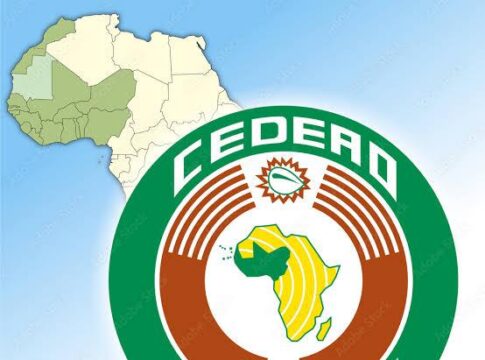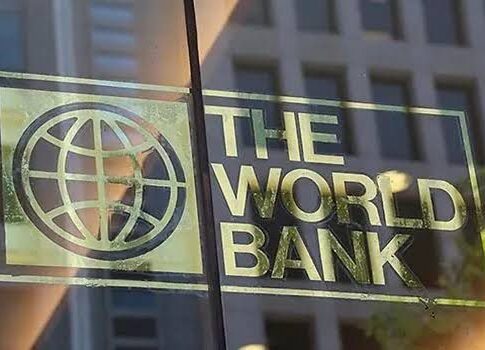Nigeria’s economy is showing signs of stability, but persistent inflation and forex volatility remain major concerns. Central Bank of Nigeria (CBN) Governor Olayemi Cardoso has reaffirmed the bank’s commitment to tackling these challenges through strict monetary policies and enhanced oversight.
Speaking at the 2025 Monetary Policy Forum in Abuja, Cardoso highlighted progress made in stabilizing the foreign exchange market and increasing Nigeria’s foreign reserves. “We have seen a rise in foreign reserves to over $40 billion as of December 2024; the highest in three years,” he said. However, he warned that inflationary pressures, driven by both global shocks and domestic structural issues, continue to pose risks.
Liquidity Surge and Inflation Pressures
Cardoso pointed to excess liquidity in the financial system as a key factor fueling inflation. He attributed this to unorthodox monetary policies introduced during the COVID-19 pandemic, which injected funds into the economy without corresponding productivity growth.
READ MORE: Lagos Takes Action Against Illegal Stalls to Tackle Flooding, Beautify Environment
“These measures were intended to cushion economic shocks, but instead, they heightened inflation and exacerbated foreign exchange volatility,” he explained. The CBN, he noted, has since shifted to orthodox monetary policies, tightening liquidity to curb inflation.
Policy Shifts and Economic Outlook for 2025
In response to rising inflation, the CBN’s Monetary Policy Committee (MPC) adopted a series of measures in 2024, including raising the monetary policy rate (MPR) to control money supply. Cardoso expressed optimism that Nigeria is moving toward economic stability and disinflation, but he stressed that sustained policy discipline is crucial.
“As we move into 2025, I am optimistic that disinflation is within reach, but we must remain committed to bold policy measures to consolidate our progress,” he said.
New Banking Regulations to Strengthen Financial Sector
To strengthen Nigeria’s banking system, the CBN has introduced a *new minimum capital requirement for banks*, set to take effect in March 2026. Cardoso stated that this policy aims to enhance the sector’s resilience and align it with the government’s goal of building a $1 trillion economy.
“We are positioning the banking sector to support Nigeria’s economic ambitions and ensure it remains globally competitive,” he noted.
As Nigeria navigates economic uncertainties, the CBN remains firm in its stance on monetary stability. “We will maintain a watchful eye on market trends and take all necessary steps to ensure financial stability,” Cardoso said.




